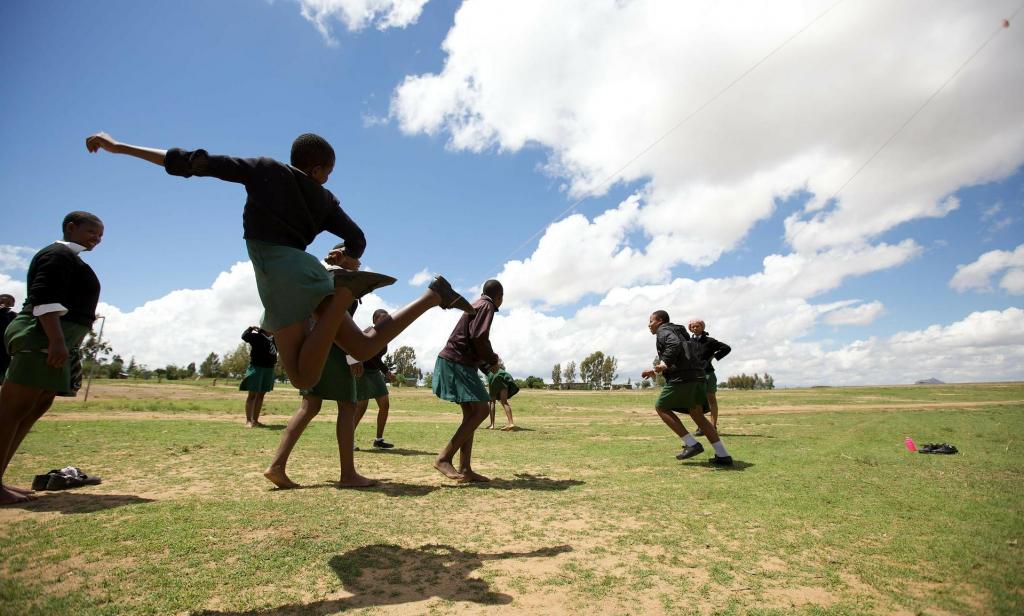On 1 May 2017 the first Special Rapporteur on the Right to Development, Mr Saad Alfaragi, started his role which was created in 2016 by the Human Rights Council on the occasion of the 30th anniversary of the Declaration on the Right to Development. Alfaraqi presented his first report outlining some preliminary views on his mandate at the 36th session of the Human Rights Council in September 2017.
The report highlights global challenges such as economic crises, energetic crises, natural disasters, pandemics, corruption, and illicit financial flows as obstacles to the realisation of the right to development. However, it also points out the politicisation of the right to development – due in particular to disagreements on the nature of the duties of States – and the generally low level of engagement on the part of United Nations agencies and civil society organisations. This is why the Special Rapporteur aims to facilitate cooperation and build bridges between stakeholders and countries in a participatory and open manner. In line with the 1986 Declaration, which does not only focuses on the outcomes of development, but also on the process with which these outcomes are achieved, inclusiveness will be at the centre of his mandate, with a special attention paid to the gender dimensions of development. The main areas of focus during the next three years include in particular the identification and removal of structural obstacles by assessing national and international development policies, and by providing recommendations on international cooperation and financing for development.
A complex task, therefore, awaits the Special Rapporteur on the Right to Development. Advancements in related fields, including the right to health, are also required for the full realisation of the right to development. The SDGs do not explicitly state health as a fundamental human right, while many of the health-related SDG targets do not reflect critical right-to-health elements and include weak accountability requirements. This is why the Special Rapporteur on the Right to Health highlighted the mutually reinforcing complementarities between the SDGs and the right to health and the importance of a right-to-health approach in providing a legally grounded framework to address SDG implementation gaps. This debate on the relationship between the SDGs and human rights needs to be moved forward within and beyond the Human Rights Council, guided by the words of the High Commissioner for Human Rights Zeid Ra’ad Al Hussein on the 30th anniversary of the Declaration on the Right to Development: "People are not the how of development – not mere tools which can be exploited to produce greater wealth for limited élites. They are the why."


